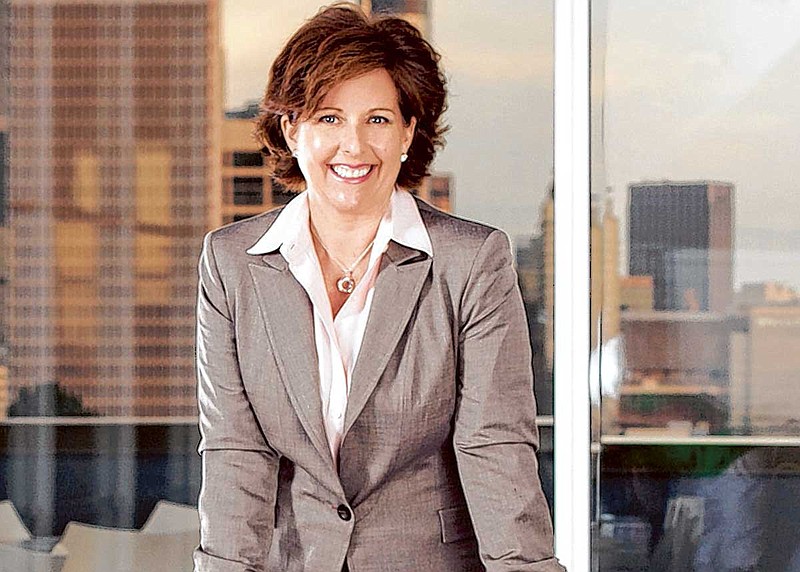Imagine two new employees. We'll call them Stan and Bill. Stan and Bill are both starting in new jobs at two different banks. The two banks are competitors and sit directly across the street from each other.
Stan and Bill are both part of a group of new hires that will be going through onboarding at their respective banks. They both make about the same money and will be handling the same types of customers.
They both started the same day. On a sunny Monday morning Stan and Bill enter the bank for the new hire onboarding.
From that point forward, the similarities end.
When Stan reports to the new hire training room, his trainer starts by having the group fill out their paperwork. Stan spends the next five days learning the computer systems, reading about the history of the bank, and getting briefed on rules and regulations. Midweek, the area leader speaks to the group about the department's goals and where they stand to date. Stan also learns more about the expectations for his role and the guidelines for working with clients.
At the bank across the street Bill has a very different onboarding experience. When he joins his peers in the training room, the trainer starts by facilitating a discussion about the role that finances and money play in people's lives. Bill is asked to think about the positive and negative ways the bank can impact customers. When the CEO video conferences in, she tells the group a story about how the bank helped a specific client make better financial decisions. She also shares her personal story about her parents' financial challenges as a child. Bill is starting to think, "Wow, banking is actually a big deal." The rest of the week, each time Bill is trained on a product or procedure, the trainer describes the impact each element has on clients. When Bill fills out his paperwork, he also signs a pledge to serve and protect his client's financial well-being.
Same industry, same salaries, same job, same market, but two totally different onboarding experiences. At the end of a week, who is going to be more emotionally engaged in their job? Stan, who spent the week focused on paperwork and procedures? Or Bill, who has been asked to think deeply about the impact money has on people's lives, and whose trainer connected everything to the impact it has on clients?
This isn't a purely hypothetical scenario. When our client, Servus Credit Union proclaimed their Noble Purpose – shaping member financial fitness – they infused it into onboarding.
The first thing new hires hear is, "We have an unwavering commitment to improving members' financial fitness." Servus's Purpose and Innovation Officer Gail Stepanik-Keber, says, "We engage new hires in a financial fitness conversation right from the start." Stepanik-Keber, who spearheaded Servus' Noble Purpose initiative says, "We want our people to see, we are all the champions of financial fitness for our clients." Servus is intentional about helping their employees internalize the power of their purpose right from the start.
Organizations who infuse meaning and purpose into their onboarding seed a belief in their employees. They let people know, our work here matters. The above examples from financial services world could just as easily be healthcare, education or software.
So how do your people experience the first week of work? Are they filling out paperwork or finding their purpose?
Lisa McLeod is a business consultant and author of the bestsellers Selling with Noble Purpose and Leading with Noble Purpose
